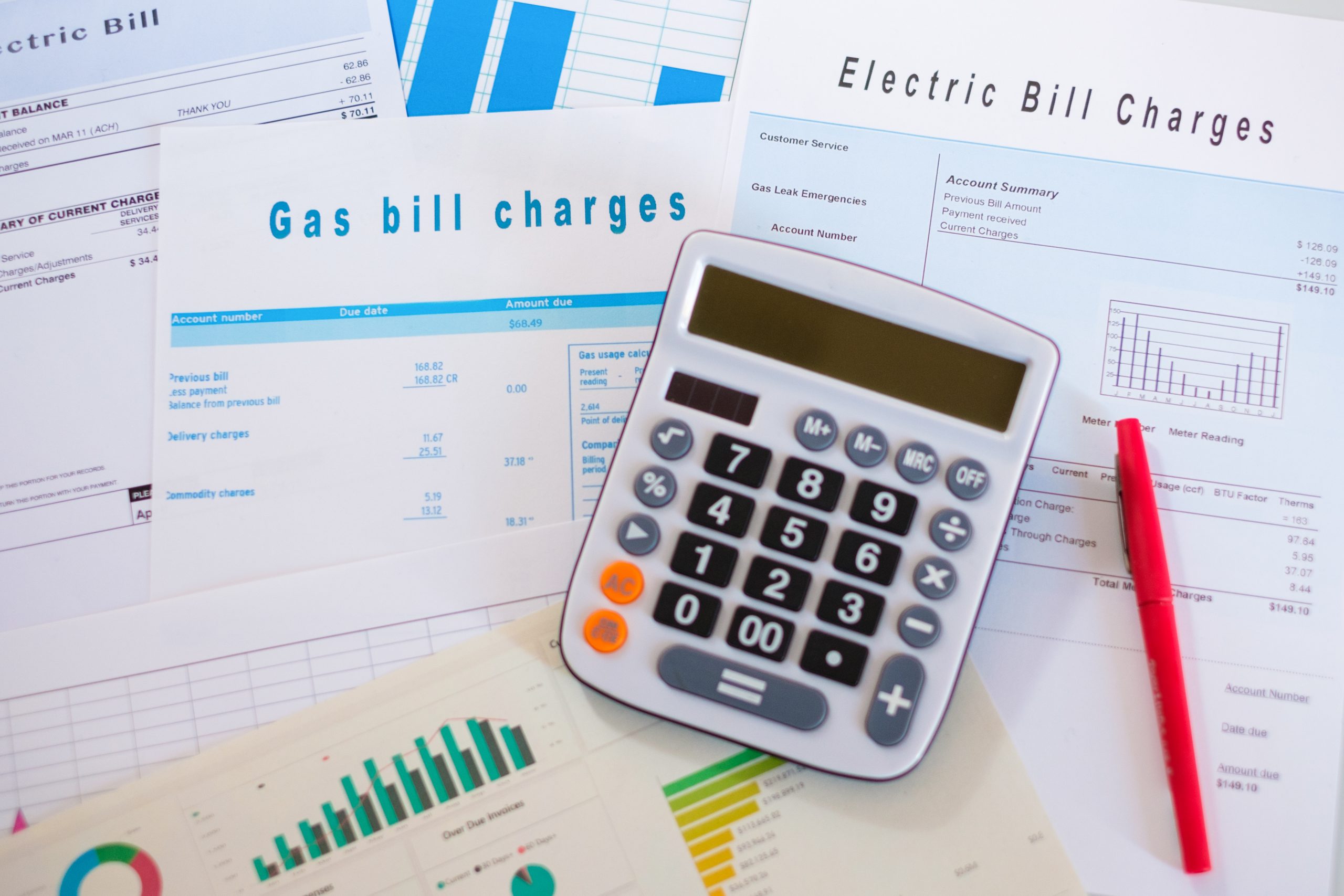Household Bills
Energy price cap falls to £3,280 but bills set to rise in April

Average annual energy bills will be set at £3,280 from April and while customers will be somewhat protected by the Government’s guarantee, it still means millions will pay more on gas and electricity this spring.
The energy regulator Ofgem has confirmed that the energy price cap for 1 April to 30 June will be set at £3,280 for typical dual fuel households paying by direct debit.
This figure is down by nearly £1,000 from the current £4,279 energy price cap following recent falls in wholesale energy prices.
However, the £3,280 figure is the average cost billpayers would pay if the Government’s Energy Price Guarantee (EPG) were not in place.
It currently stands at £2,500 but from 1 April, it will rise to £3,000 for typical bills.
While it suggests customers will save an average £280 from the level they could have been paying – the difference between the £3,280 energy price cap and the £3,000 EPG – bills in April will still rise for millions.
This is because of the 20% rise in the EPG from £2,500 to £3,000 and the end of the Government’s £400 Energy Bills Support Scheme from April.
‘April catastrophe’ but Government ‘has means’ to cut bills
Clare Moriarty, chief executive of charity Citizens Advice, said without further Government support, this April will spell catastrophe for millions of households.
Moriarty said: “Unless the Government changes course on planned reductions to the level of support for households under the EPG, we estimate the number of people unable to afford their bills will double, from one in 10 to one in five.
“The Government must keep the EPG at its current level of £2,500. Recent drops in wholesale prices mean they have the headroom to do this. The alternative is millions more people unable to keep their house warm and keep the lights on.”
This is echoed by Liberal Democrat leader, Ed Davey MP, who said: “This confirms the Government could easily afford to reduce energy bills in April instead of increasing them.”
For Sarah Coles, head of personal finance at Hargreaves Lansdown, the energy price cap plummeting by £1,000, means the EPG “isn’t going to be anywhere near as expensive as was originally feared”.
“This provides the Government with an opportunity to consider more tailored support in the Budget,” she said.
Coles added: “It’s going to feel particularly unfair in April when the EPG jumps by a fifth, to £3,000 – at a time when the wholesale price of gas is on the way down.”
According to Richard Neudegg, director of regulation at price comparison site Uswitch, wholesale prices have dropped more than 50% since December 2022 “but consumers have yet to feel the benefit”.
Energy prices could fall for first time in 18 months
Ofgem said the fall in the price cap “reflects a significant reduction in the cost of buying and providing energy for customers”.
If it continues, it will mean that by the summer, prices paid by customers will drop for the first time since the global gas crisis tool hold more than 18 months ago, Ofgem added.
CEO Jonathan Brearley, said: “Although wholesale prices have fallen, the price cap has not yet fallen below the planned level of the Energy Price Guarantee. This means, that on current policy, bills will rise again in April. I know that, for many households this news will be deeply concerning.
“However, today’s announcement reflects the fundamental shift in the cost of wholesale energy for the first time since the gas crisis began, and while it won’t make an immediate difference to consumers, it’s a sign that some of the immense pressure we’ve seen in the energy markets over the last 18 months may be starting to ease. If the reduction in wholesale prices we’re currently seeing continues, the signs are positive that the price cap will fall again in the summer, potentially bringing bills significantly lower.”
But Brearley added that energy prices are unlikely to fall back to the level seen before the crisis.
“Even with the extensive package of Government support that is currently in place, this is a very tough time for many households across Britain.”
He urged anyone struggling to contact their supplier to make sure they are getting all the help and support they are entitled to.
“We also think that, with bills continuing to be so high, there is a case for examining with urgency the feasibility of a social tariff for customers in the most vulnerable situations,” he added.